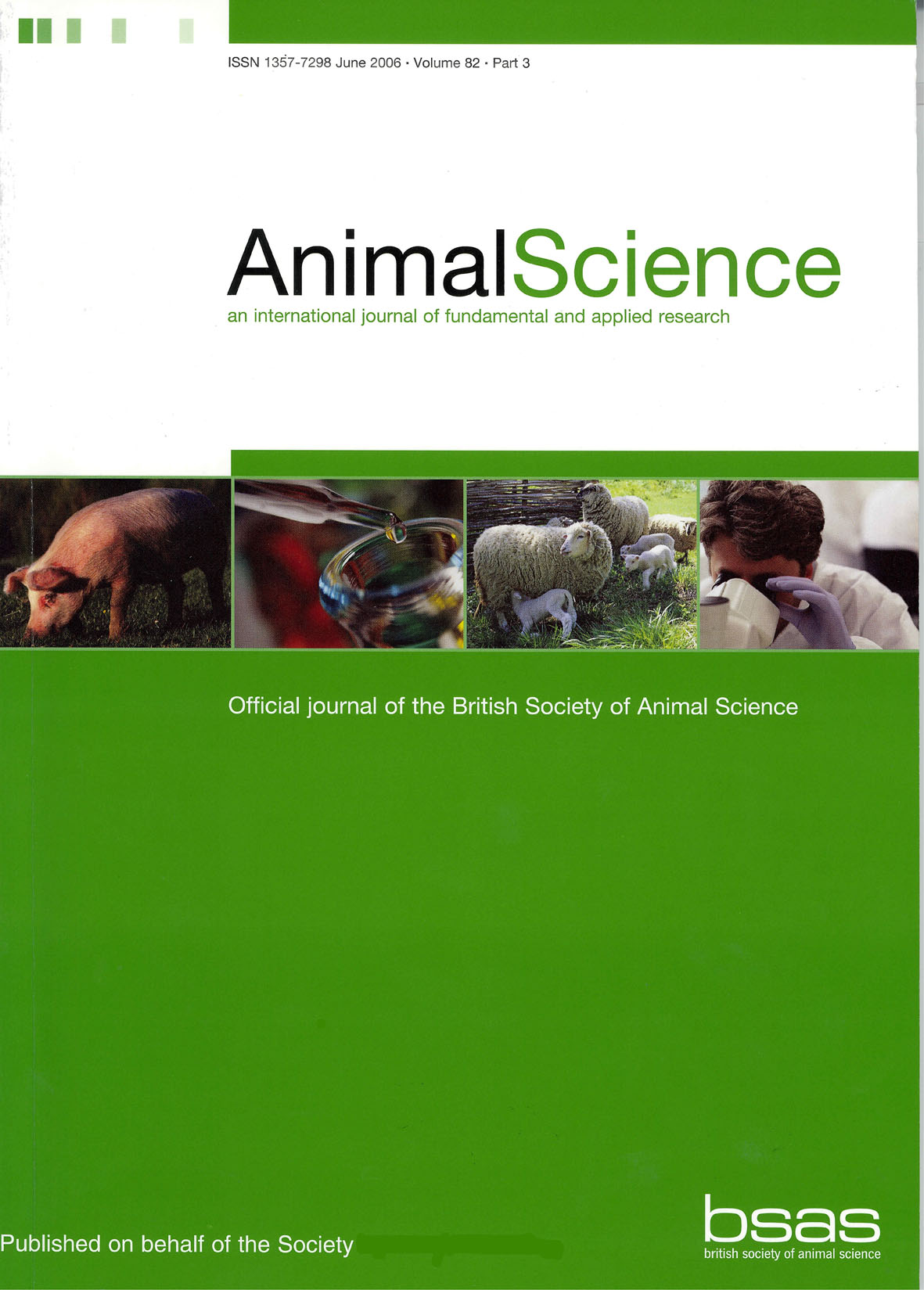Article contents
Qualitative requirement for B vitamins in diets for the gilthead seabream (Sparus aurata L.)
Published online by Cambridge University Press: 02 September 2010
Abstract
Semi-purified diets incorporating 495·4 g/kg crude protein and 72·0 g/kg oil, were used to identify the qualitative requirement of Spams aurata juveniles for thiamin, riboflavin, pyridoxine, niacin and pantothenic acid. Deficiency of these vitamins was associated with poor performance in terms of growth, food efficiency and apparent net protein utilization. All dietary vitamin deficiencies resulted in elevated moisture and a lowering of the lipid content of the carcass. In addition to increased mortality among the fish fed deficient diets, a small number of externally visible changes were observed including food refusal, anorexia and changes of skin colour. At the haematological level, all cases of vitamin deficiency were associated with significant reductions in haematocrit. In general, histological examination revealed that the pancreas of vitamin-deficient animals became atrophic with an accumulation of pigmented granules around this organ while additionally, the normal homogeneity of the liver parenchyma was lost.
Information
- Type
- Research Article
- Information
- Copyright
- Copyright © British Society of Animal Science 1995
References
- 11
- Cited by

